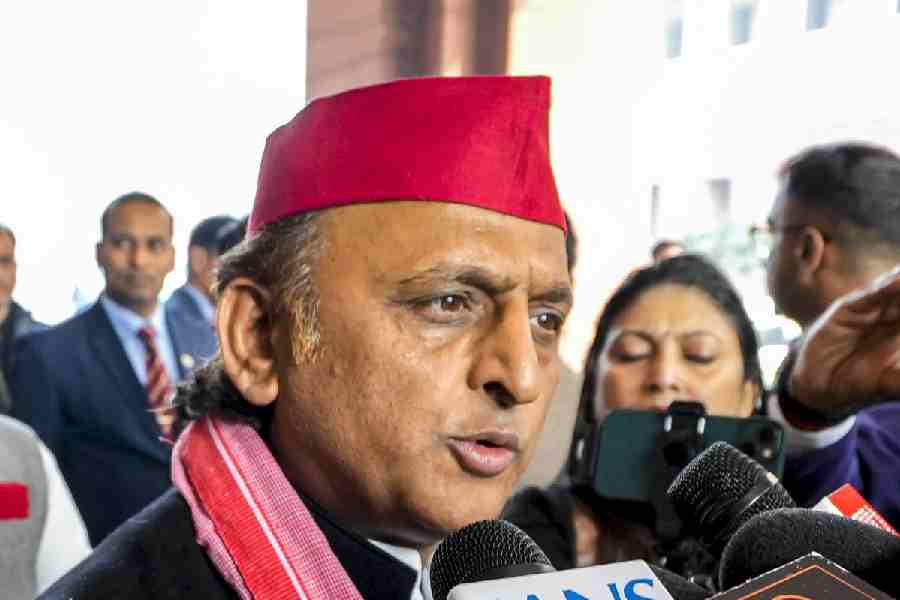 |
 |
 |
| (From top) A moment from Kalbela; cast members Pauli Dam and Parambrata Chatterjee with Swastika Mukherjee at the premiere in Priya cinema; Rudranil Ghosh at the same venue. Pictures by Aranya Sen |
What Mikhail Sholokhov’s And Quiet Flows the Don is to the Bolshevik revolution in the now deceased Soviet Union, Samaresh Majumdar’s powerful trilogy — Uttaradhikar, Kalbela and Kalpurush — is to the Naxalite movement in Bengal. The fact that both of them failed ultimately may not be a coincidence.
One starts by saying this because when you review Goutam Ghose’s Kalbela it’s impossible not to dwell on Samareshbabu’s original. While treating this formidable political tome, Ghose turns his movie into a prism.
At one level, it is a simple love story. A provincial, naive youth’s journey to Calcutta for higher studies, not unlike Apu’s, many many years ago. His joining of Scottish Church College, hallowed by the names of Subhas Bose and Swami Vivekananda, and his falling in love with Madhabilata, his enchanting classmate, and the tragic relationship that ensues between them...
At another level, it is a searing, at times broken-beer-bottle-jagged, political drama that left much of Bengal not just hurt but badly bleeding during the Seventies. Of Marxism and idealistic dreams of wanting to save the world, as addictive as an LSD trip. And, as disastrous as well.
At yet another level, it is a sad realisation of the fruitlessness and meaninglessness of all violence.
Ghose skillfully blends all these elements into a fascinating movie in Kalbela. Seen through the eyes of its protagonist Animesh, the film makes extensive use of the first-person narrative to bridge passages of time. It also involves docu-style use of newspaper clippings to herald milestone, historical events, punched with live footage of gunshots, bombs and all-enveloping flame.
Kalbela is an eminently watchable film. Beautiful. Sad. Entirely credible. Through much of the understated violence there is the balladic refrain of flowing water. Of the symbolic use of the still buoy on the Ganges, unaffected by the turbulence all around. Here, on the Ganges, the two protagonists first express their love for each other. And it’s the same Ganges that at the end of the movie gets bloodened by the setting sun. That can’t be a coincidence.
 |
The acting, in spite of Kalbela being made for television, is surprisingly natural and understated. Shantilal as Subhasda, Soumitra as Animesh’s tetchy yet lovable grandfather, Santu as the father, Anandi as Nila, Rudranil as the poet with shades of Shakti Chattopadhyay in the rendering — they are all good. But Parambrata and Pauli, as Animesh and Madhabilata, are brilliant. In two scenes, particularly, Pauli wrenches your heart.
Does it mean, then, that Kalbela has no flaws at all? Yes, it has. It is too good, for too long. That flaw, however, is inherent. Because it was originally conceived as a 10-episode teleserial. It was only with the encouragement of Mrinal Sen and Doordarshan that Ghose compressed it into a feature film. Even then at two hours 45 minutes, it’s long. But on my money, go see it.










